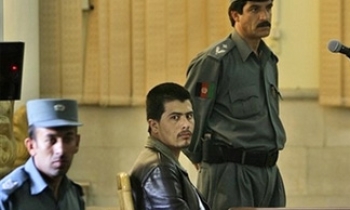It is an irony of sorts.
BBC is launching its Arabic TV, says a Guardian report, at a time when Arab governments are seeking to censor existing satellite TV channels that "negatively affect social peace, national unity, public order, and public morals" or "defame leaders, or national and religious symbols".
Qatar-based Al-Jazeera and Lebanon's Al-Manar TV, owned by Hezbollah, are seen as the main targets of the "charter of principles" issued last month by the 22-member Arab League and opposed only by Qatar and Lebanon.
Some details:
The initiative came from pro-western Saudi Arabia and Egypt, which dominate the Middle Eastern media scene and dislike the anti-regime irreverence, anti-Americanism and Islamist bias of the channels. Al-Manar is seen as supporting Iran, often blamed for fomenting sectarianism that pits Shia Muslim communities against the Sunni majority.
Arab ministers' talk of codes of conduct and professional standards is seen by journalists and media watchdogs as a prelude to censorship and persecution. "Yes, we do need to prevent channels which promote heresy, pornography, and terrorism from operating, but this is not the primary goal," said Mansur al-Jamri, editor of Bahrain's al-Wasat daily.
"Media institutions should be watching [the conduct of] governments, not the other way around," said Ahmad Shaikh, news editor at al-Jazeera.
The league charter, which has no legal force, recommends regulatory bodies confiscate equipment, impose fines, and suspend, refuse to renew, or withdraw licences from satellite channels that authorities deem to have violated its "principles".









